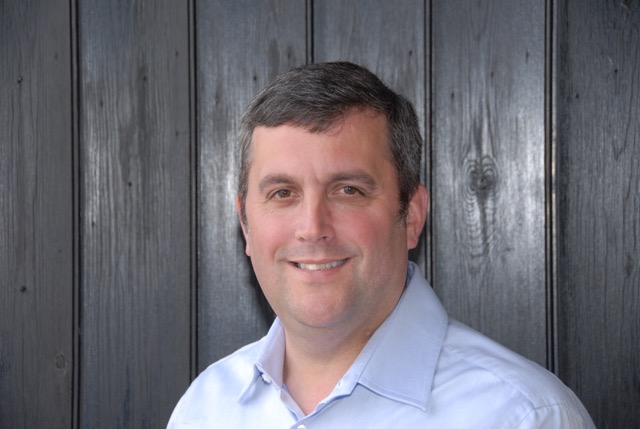Evan Wienburg, co-founder and CEO of full-fibre infrastructure provider TrueSpeed started the business in 2014 to improve rural broadband in the South-West. Three years later he secured a multi-million pound investment from Aviva Investors. Here, he talks about how he marketed the business and how a career in the military has helped him to grow his business.
What are the details of the company?
Truespeed is a full fibre infrastructure provider and ISP that offers future-proofed broadband connectivity to households and businesses across the South West of England, an area infamous for its poor connectivity. My background is in running large, complex IT programmes, while I’ve also benefited from several years spent in the military. I started the business in 2014 to combine my love of technology and problem solving into a singular role.
Our vision is to connect hard to reach areas, giving them lasting, vitally important broadband infrastructure. In 2015, we began constructing our first fibre-to-the-premises (FTTP) network in Priston alongside an engaged group of locals in desperate want of better web access, who were all motivated by the desire to do something good for the community, a community-centric model that continues to sit at the heart of our business vision.
How much initial investment did the company need to start and where did it come from?
Myself and two other entrepreneurs set out to rescue a failing social enterprise and brought the investors that funded it into TrueSpeed and developed the business from there. We continued to attract local investment to build the proof-of-concept network in Priston and, through this, in 2017 we were able to accelerate our growth plans after securing £75 million investment from Aviva Investors, which will put us in a good position to pass 60,000 properties by 2021 and 200,000 properties by 2025.
What marketing did the company employ to maximise exposure?
In the beginning we focused on local community engagement – via everything from town hall meets to engaging local ‘champions’ who would spread the word in each new area – in order to introduce Truespeed to customers and explain the benefits. These local champions really went above and beyond, setting up Facebook groups and garnering real momentum behind each of our proposed deployments. Even today, for a young business. nothing beats true word-of-mouth recommendation and customer excitement.
This approach, led by our community engagement team, still remains a priority, while our investment has allowed us to expanded our marketing strategy and make more use of social media and digital content marketing to engage with prospective customers on a personal level. PR is a huge part of our brand awareness strategy, as is a regular presence at industry events and conferences to make sure people know the importance of solid infrastructure and staying connected.
Further reading on entrepreneurs
- Entrepreneur interview: Andrew Bud, CEO and founder of iProov
- Entrepreneur interview: Tom Pickersgill, Broadstone
- Why military entrepreneurship success stories are on the rise
Talk about the company’s growth trajectory, from being founded to establishing revenue, to covering costs, to moving into profit.
We have grown from 8 people in 2014 to 85 people and 150 contractors by the end of 2018. Gaining funding takes time but we were initially able to create enough investor interest to fund deployments to several villages in the Chew Valley even before the major investment from Aviva was secured. We’re lucky enough to have been supported by local businesses along the way, for example Thrings provided our legal team at their own goodwill and risk as they believed in the benefits of what we set out to achieve. This is one of the reasons why we’re committed in turn to supporting the communities we serve, giving every local community hub and primary school we pass free full fibre broadband connectivity for life.
How does a career in the military help you to lead a company?
Being in the military and leading a business are two vastly different lifestyles. Not many people leave the military and start a business immediately, most people go and work for someone else first, given how used they’ve become to job security.
The military has made me unflappable; I avoid making knee-jerk decisions which helps to keep everyone in the business calm and appeals to investors. I value openness and honesty – this makes for integrity within the team. Of course the military has taught me many skills that can be applied to business, but there are also things I’ve learnt since leaving such as developing a more entrepreneurial side by encouraging others to take part and generate new ideas when working on projects rather than simply follow orders. I feel that having experience from both sides makes me a more approachable and well-rounded leader. Understanding one another is essential to making sure we can work well as a team and achieve our goals for each community we operate in.







